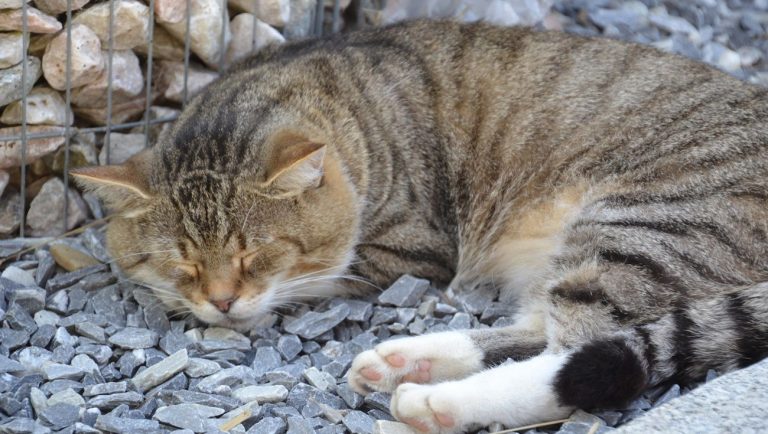5 Essential Health Habits for Senior Cats: A Guide to Extended Feline Wellness
Caring for a senior cat requires a unique approach. While all cats deserve the best care, elderly felines have specific health needs demanding extra attention and the establishment of healthy habits. Most cats are considered seniors between the ages of 12 and 14, although advancements in veterinary care and improved diets are contributing to longer lifespans. This means both pet owners and veterinarians are facing a new set of age-related challenges. Just like humans, aging cats experience various age-related changes, making basic health habits even more crucial. Let’s explore five key habits that contribute to a happy and healthy senior cat.
1. Prioritize Indoor Living: Safety First for Senior Cats
One of the most significant habits for maintaining a senior cat’s health is ensuring they remain indoors, under supervision, at all times. Indoor cats demonstrably live longer and healthier lives than their outdoor counterparts. Even senior cats can thrive indoors with enriching environments and plenty of opportunities for quiet solitude. Outdoor dangers, such as traffic accidents, predators, and infectious diseases, are significantly reduced, leading to a safer, healthier, and longer life for your feline friend.
2. Tailor Nutrition for Senior Feline Needs: Weight Management is Key
Recent data indicates that a staggering 58% of cats are overweight. Obesity is a prevalent issue in pets, posing serious health risks. Extra weight puts undue stress on a cat’s body, increasing the risk of diabetes, liver problems, and joint pain. Establishing healthy eating habits is crucial. Provide your senior cat with a balanced diet specifically formulated for their age and weight, ensuring they maintain a healthy body condition score. Consult your veterinarian for recommendations on the best food and portion sizes to support your cat’s specific needs. Avoid overfeeding, and monitor their weight regularly.
3. Regular Veterinary Checkups: Early Detection, Improved Outcomes
Regular veterinary checkups are paramount. We strongly recommend six-monthly visits for senior cats. Baseline blood work allows veterinarians to identify abnormalities early. Cats are masters at hiding illness; they might appear perfectly healthy despite underlying problems. More frequent checkups as cats age enable earlier disease detection, leading to easier management and a significantly higher quality of life. Your veterinarian can create a personalized preventative care plan addressing your cat’s specific age-related risks.
4. Grooming and Hygiene: Maintaining Oral and Coat Health
Dental health is crucial. Regular veterinary dental care is necessary, but you can supplement this with at-home brushing. Consult your veterinarian on the best techniques and frequency. Senior cats may also have specific grooming needs, especially long-haired breeds. Regular brushing helps prevent matting and skin problems, contributing to overall comfort and well-being. Pay close attention to your cat’s coat and skin for any abnormalities, such as excessive shedding, dryness, or lesions.
5. Patience and Love: The Cornerstones of Senior Cat Care
Undoubtedly, the most significant requirement for caring for a senior cat is patience. Senior cats often sleep more, and it’s crucial to be sensitive to any changes in their behavior or habits. Even subtle changes can indicate a serious underlying health issue. Be observant, and don’t hesitate to seek veterinary advice for any concerns. Providing a calm, loving environment enriched with comfortable resting places and engaging activities tailored to their reduced energy levels is paramount to their happiness and well-being. Show your love and understanding, and enjoy the precious time you have with your aging companion.
Conclusion:
Caring for a senior cat requires a dedicated and proactive approach. By implementing these five essential health habits—prioritizing indoor living, maintaining a healthy weight, scheduling regular veterinary checkups, providing appropriate grooming, and showing abundant patience and love—you can significantly enhance the quality of life for your beloved feline companion during their golden years. Remember, early detection and preventative care are crucial for addressing age-related health challenges and ensuring your senior cat enjoys a long, happy, and comfortable life.

